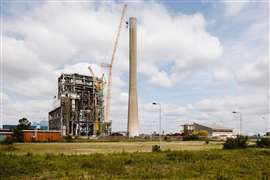Salini Impregilo discusses innovation
18 May 2018
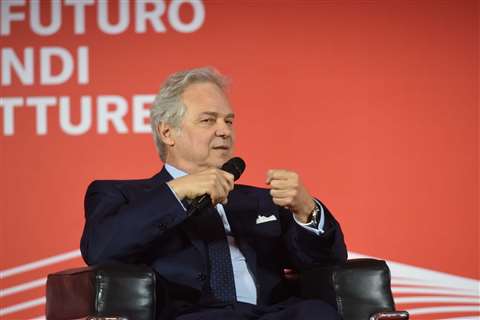
Innovation, change and skill are the key elements of a winning strategy in a competitive global market that is forever evolving, according to Pietro Salini, CEO of Italian-based contracting group Salini Impregilo.
Speaking at a panel discussion organised by the group at the Triennale di Milano museum under the title Future Trends in Infrastructure, Salini said, “Let’s plant the seeds of the future for the generations after us. The concept of work has to go back to being able to plan and build.
He said innovation brought together two key elements – people with know-how and ingenuity, and technology, whether it be digitalisation, artificial intelligence or the Internet of Things.
He added that these went from being simple tools to key elements for business to improve productivity and cost efficiency.
The other participants in the panel discussion about future prospects for the infrastructure sector included Stefano Boeri, president of the Triennale di Milano. He is the founder of the architectural firm behind Milan’s Bosco Verticale (Vertical Forest) that won the Best Tall Building award in 2015. Also on the panel were Andrea Goldstein, economics professor at the Catholic University of Milan; Marta Dassù, senior director of European affairs at the Aspen Institute; and Riccardo Monti, senior partner and managing director for Boston Consulting Group in Milan.
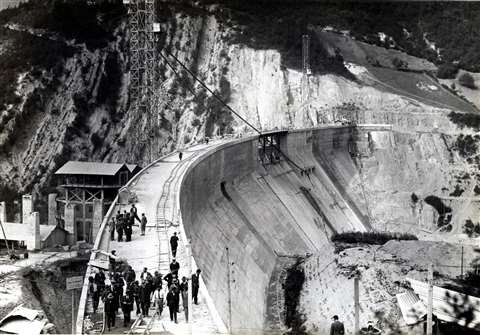
Salini said, “Skills keep growing with people, who build unique infrastructure works and are our base of knowledge. Our group intends to keep growing by relying on three key elements – the skills of the people who work with us, the new technologies that keep improving the sector’s competitiveness and the ability to adapt to change.
“The know-how that we have acquired from some of the biggest public works in the world is today helping us take on new challenges such as the United States, which is becoming ever more our domestic market.”
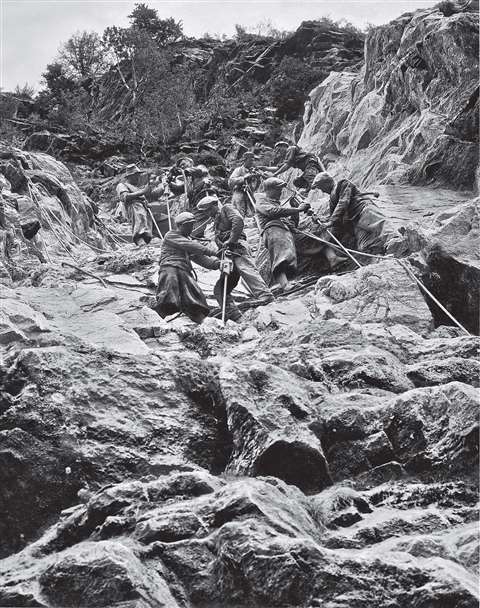
Photo exhibition
The panel discussion was held alongside a photo exhibition called Cyclopica – the Human Side of Infrastructure, which was organised by Salini Impregilo and runs until 3 June at the Triennale di Milano.
The exhibition celebrates work and the scale of infrastructure projects throughout the world. Salini Impregilo said it offered an immersive, multi-sensorial journey enriched by the group’s heritage of more than 1.2 million photos and 600 videos that document the history of work and challenges that have often appeared impossible to overcome, such as the transfer of the temples of Abu Simbel in Egypt, the construction of the Trans-Iranian Railway, the new canal in Panama, and some of the world’s biggest dams.
Salini said, “We believe so much in our people that we have decided to celebrate their work with this photo exhibit at the Triennale. Cyclopica has a unique collection of images of our past that sets the stage for our future.”
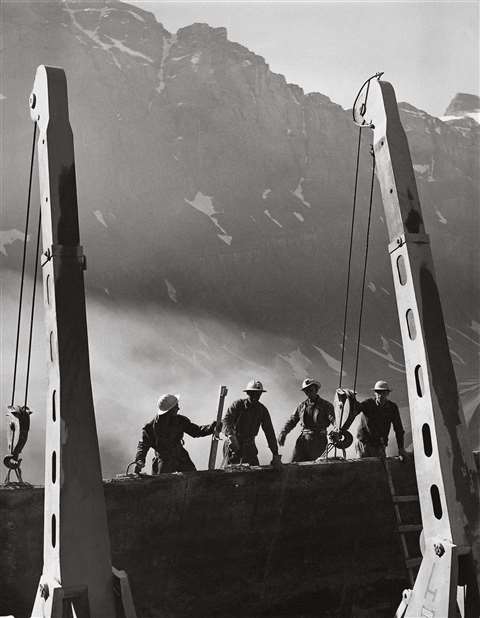
Boeri touched on the issue of sustainability and the role of infrastructure in helping create the cities of the future.
He said cities were the first to cause climate change but also the first to suffer from it.
He called for a concerted effort to develop more renewable energy and reforestation. Cities would benefit, improving not only the quality of life of its residents but also the climate. In Italy, he said, 4 million out of 12 million homes were degraded, obsolete and energy wasteful. A campaign to renew housing would regenerate cities and give a boost to the construction industry, providing jobs to thousands of people.
Goldstein said infrastructure was also important for job creation and the development of human capital to narrow socio-economic disparities. Within the framework of the social development goals set out by the United Nations in 2015, infrastructure is earning a growing recognition for its role in sustainable development, said Goldstein.
‘Unconventional’
Dassù spoke of the outlook for the US, saying President Donald Trump had taken “an unconventional approach” to reviving the economy, with tax cuts and economic nationalism. She added that it appeared to be working.
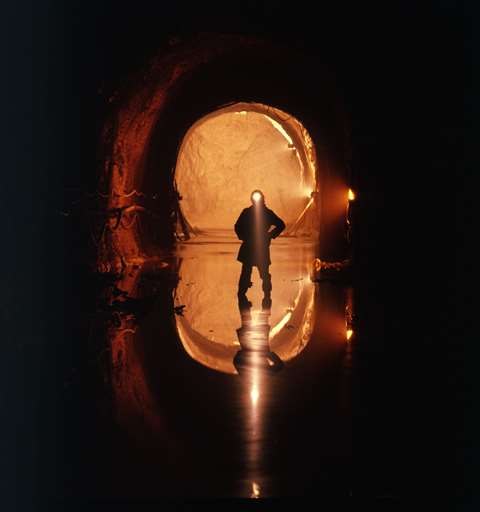
She said, however, that if Trump were to lose in the mid-term elections, the political and geopolitical uncertainties would multiply. Another effort of his to improve the economy is his proposal to Congress to invest more than $1 trillion (€848 billion) in infrastructure with the help of private investors.
Monti added an example, saying that there were about 15,000 dams in the US that needed to be modernised. The country’s cities were becoming more interconnected thanks to complex infrastructure such as big bridges and tunnels, creating more opportunities for the entire sector.
Monti said the sector nevertheless needed to improve productivity through the use of new technology and innovative processes, allowing them to keep a competitive edge.
He did not think technological innovation would destroy jobs but rather create the need for new professions with a positive impact on employment.
The panel discussion was followed by a concert by the Cameristi della Scala, a chamber orchestra founded in 1982.
STAY CONNECTED


Receive the information you need when you need it through our world-leading magazines, newsletters and daily briefings.
CONNECT WITH THE TEAM









